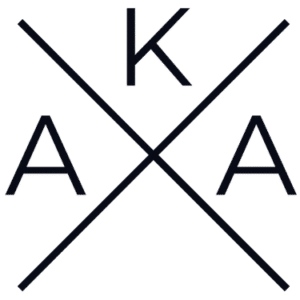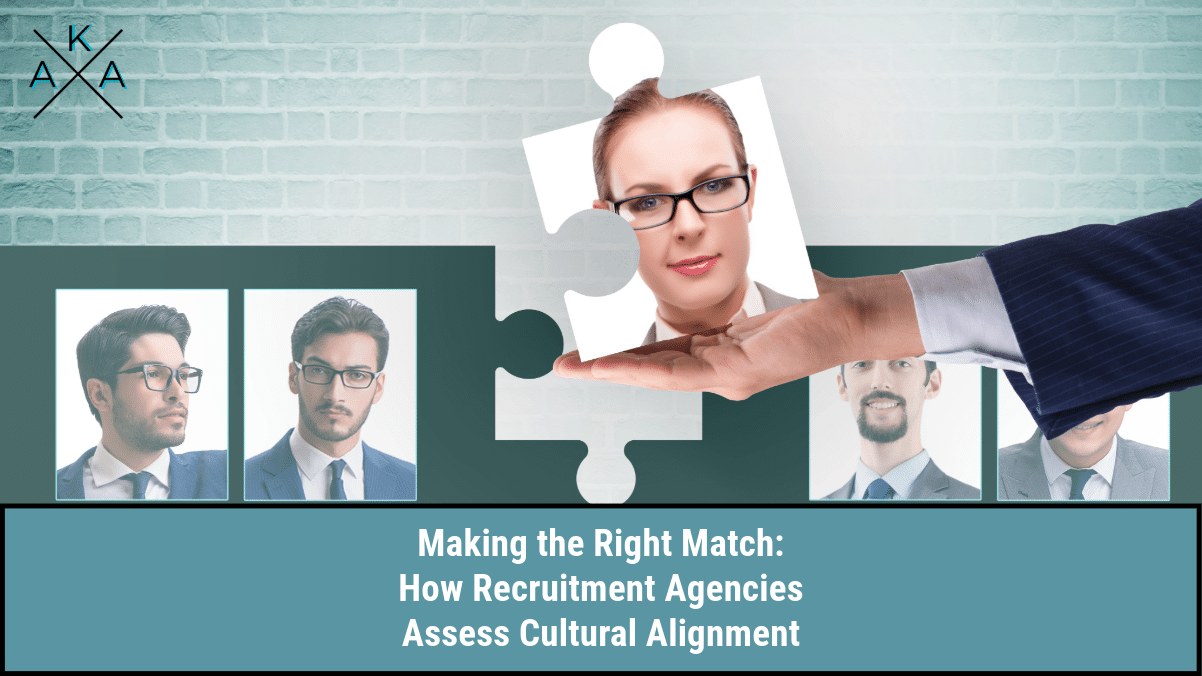Cultural alignment is at the forefront of the modern job market, transcending mere skills and qualifications in the search for the right fit. As organizations emphasize the importance of aligning their workforce with their values, recruitment agencies become key players. They ensure that candidates not only have the necessary skills but also resonate with the company’s values and workplace culture. In this blog, we will explore how recruitment agencies assess cultural alignment and its significance for both candidates and employers.
The Significance of Cultural Alignment
Cultural alignment is more than just a buzzword; it’s a fundamental aspect of a thriving workplace. Employees who resonate with their company’s culture tend to be more engaged, motivated, and inclined to remain with the organization for an extended period. This shared alignment promotes a positive work environment, fosters collaboration, and ultimately enhances the company’s performance.
In the competitive landscape of today’s job market, understanding and prioritizing cultural alignment is not just an option; it’s a necessity for building and sustaining thriving workplaces.
- Facilitates effective communication: Alignment with company culture streamlines understanding and interactions, leading to more efficient and harmonious workplace communication.
- Attracts top talent: A well-defined and attractive company culture is a key factor in drawing high-quality candidates who are a good fit for the organization.
Identifying Cultural Fit
Recruitment agencies understand that assessing cultural fit is not a one-size-fits-all process. It requires a comprehensive strategy that takes into account various aspects of a candidate’s personality and background. Analyzing the company’s core values, mission, and vision is just the beginning. To delve deeper, agencies conduct in-depth interviews that allow candidates to express their views and experiences, providing valuable context for assessing cultural alignment. By examining candidates’ backgrounds and past work experiences, agencies gain a better understanding of their career journey and how it aligns with the potential employer’s culture.
In some cases, psychometric assessments are employed to analyze a candidate’s psychological traits and behaviors, adding an extra layer of insight into their suitability for the role and company culture. This multifaceted approach ensures a more accurate and well-rounded evaluation of cultural fit, ultimately leading to better matches between candidates and organizations.
- Customized candidate evaluation: Recruitment agencies use tailored strategies to assess each candidate’s unique personality and career path, ensuring a more precise match with the company’s culture.
- Utilizes psychometric assessments: These tools provide deeper insights into candidates’ psychological traits, enhancing the accuracy of determining their cultural fit within an organization.
Assessing Soft Skills
In the context of evaluating cultural alignment, the assessment of soft skills becomes highly relevant. Soft skills encompass a broad spectrum of interpersonal abilities, effective communication, adaptability, and teamwork. Recruitment agencies understand that these skills are essential for seamlessly integrating into a company’s culture. Consequently, they place significant emphasis on evaluating a candidate’s soft skills during the assessment process. This ensures that candidates not only possess the technical qualifications but also the emotional intelligence and social competencies necessary to excel in a specific workplace environment.
Recruitment agencies gauge soft skills by observing how candidates handle various scenarios and challenges in interviews. They closely examine a candidate’s ability to communicate effectively, collaborate with others, and adapt to changing circumstances. These skills are critical for fostering teamwork, resolving conflicts, and maintaining a positive work atmosphere. A candidate who demonstrates strong soft skills is more likely to assimilate smoothly into the company’s culture, contributing to a cohesive and productive work environment. Ultimately, the evaluation of soft skills enhances the recruitment process, resulting in candidates who not only fit the job description but also enhance the cultural dynamics of the organization.
- Emphasizes emotional intelligence: Recruitment agencies focus on identifying candidates with high emotional intelligence, as this is key for effective interpersonal interactions and aligning with the company’s values.
- Conflict resolution and adaptability: Agencies assess candidates’ abilities to manage conflicts and adapt to new environments, ensuring they contribute positively to the workplace culture.
Cultural Alignment Benefits
The significance of cultural alignment transcends the hiring process, extending its positive impact to both candidates and employers. When a candidate seamlessly blends with a company’s culture, they experience a multitude of advantages. Firstly, job satisfaction soars, as they find themselves in an environment that resonates with their values and beliefs. This alignment not only promotes a sense of belonging but also fosters a deep commitment to the organization, making candidates more inclined to invest in their long-term growth with the company.
Moreover, cultural alignment enhances job security. Candidates who align with the company’s culture are better equipped to adapt to changes and challenges, ensuring their relevance and stability within the organization. Burnout, a common concern in today’s fast-paced work environment, becomes less likely as employees who align culturally often find their work fulfilling and meaningful. This translates into not only happier employees but also more productive and innovative ones. Overall, the benefits of cultural alignment extend to job satisfaction, security, and professional well-being, creating a win-win situation for candidates and their employers.
- Promotes professional growth: Candidates aligned with a company’s culture are more likely to pursue opportunities for personal and professional development, benefiting their career trajectory.
- Reduces burnout and increases innovation: Employees fitting well with the organizational culture often experience lower levels of burnout and are more inclined to contribute innovative ideas, enhancing the overall productivity of the company.
Conclusion
In today’s world, having the right cultural fit is crucial for success in the workplace. Recruitment agencies play a vital role as intermediaries between job candidates and employers. They specialize in evaluating whether a candidate will fit well with a company’s culture. This process ensures that the right matches are made, benefiting both job seekers and organizations. Understanding the importance of cultural alignment and making it an essential part of the hiring process leads to more fulfilling careers for job seekers and contributes to the growth and resilience of companies.
- Check out our “Staffing Agency vs. Executive Search Firm” blog for more information on helping you decide which route to go with your hiring needs.


